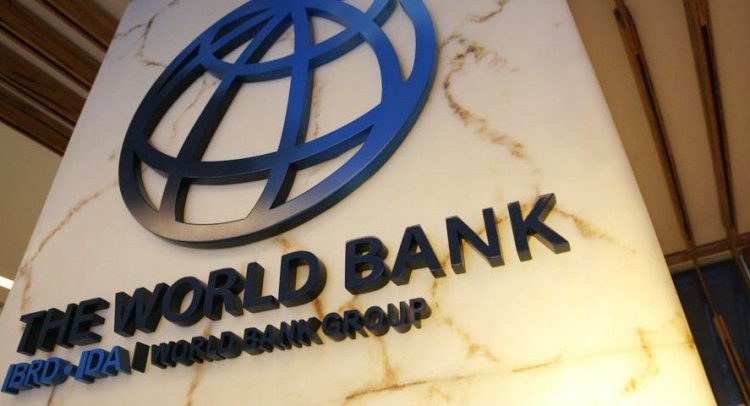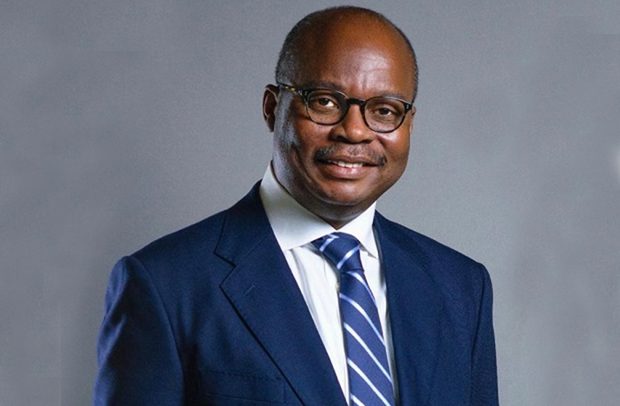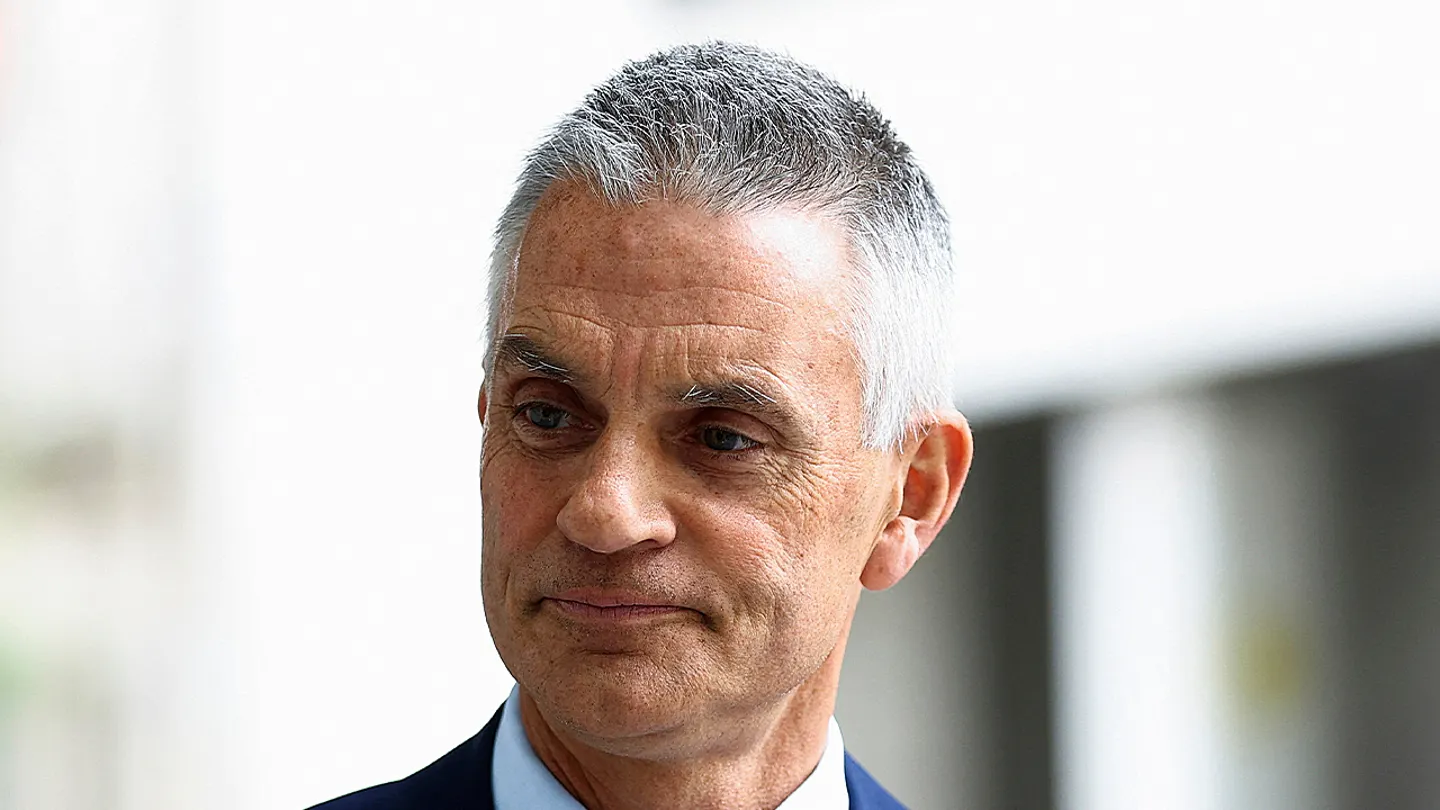
By Joshua Worlasi AMLANU
Amid renewed economic stability following years of macroeconomic turbulence, the private sector is urging government to ensure that recent fiscal gains are translated into tangible economic growth.
This call forms the central message of the 2026 Pre-Budget Survey Report jointly released by KPMG and the United Nations Development Programme (UNDP), which reflects a sense of guarded optimism among businesses ahead of the 2026 national budget presentation.
The report said fiscal consolidation and prudent monetary policy have restored stability, with inflation easing to 9.4 percent in September 2025 (8 percent in October 2025) from above 20 percent a year earlier and the cedi remaining steady on improved reserves.
Real GDP growth accelerated to 6.3 percent in the second quarter of 2025, buoyed by strong gold exports and private credit expansion. Yet despite this progress, firms say the recovery has not translated into easier access to finance or lower operating costs.
KPMG’s Country Managing Partner Andrew Akoto said the next phase of Ghana’s economic management should move “from stabilisation to impact”, with policies that spur private investment and job creation.

“The 2026 Budget should mark a transition to stabilisation for impact, ensuring that policies such as the 24H programme become credible, financed and implementable levers for inclusive growth,” he said.
The survey, which gathered views from 203 businesses across services, industry, and agriculture, found that 62 percent of respondents were confident about continued economic growth but described their optimism as cautious. Companies cited high borrowing costs, limited access to credit and concerns about the slow pace of policy implementation as major constraints.
Respondents identified access to affordable and long-term finance as the top priority for the upcoming budget. They urged government to scale up credit-guarantee schemes, operationalise the Women’s Development Bank and create a Domestic Credit Rating Agency to improve transparency and pricing for smaller borrowers. Businesses also called for simplified business registration and licencing processes to broaden access to formal finance.
Energy reliability and tax reform ranked next among private sector concerns. Many firms want a more predictable tax environment, with clearer timelines for policy changes and streamlined levies. The report proposed a structured tax policy calendar and faster VAT refund processes to ease cash flow pressures.
UNDP Resident Representative Niloy Banerjee said the report’s findings show that Ghana’s fiscal recovery has created a foundation for growth, but “structural bottlenecks still limit the competitiveness of smaller enterprises that drive employment and innovation”.
He noted that the 2026 Budget presents an opportunity to align fiscal measures with productivity and inclusive development goals.
Businesses also backed measures to promote climate-smart industrialisation and renewable energy adoption, with two-thirds of respondents supporting green tax incentives and concessional financing for sustainability investments.
While confidence in government’s fiscal consolidation remains high, the private sector’s message is clear: stability alone is not enough. Firms want growth levers that translate macroeconomic progress into expanded production, new investment and sustained job creation.
Mr. Akoto said: “Ghana has endured a difficult period but the recovery is underway. With collaboration and focus on execution, the nation can build on its progress to achieve even greater heights”.
The post Fiscal stability returns, but businesses want growth levers appeared first on The Business & Financial Times.
Read Full Story


















Facebook
Twitter
Pinterest
Instagram
Google+
YouTube
LinkedIn
RSS